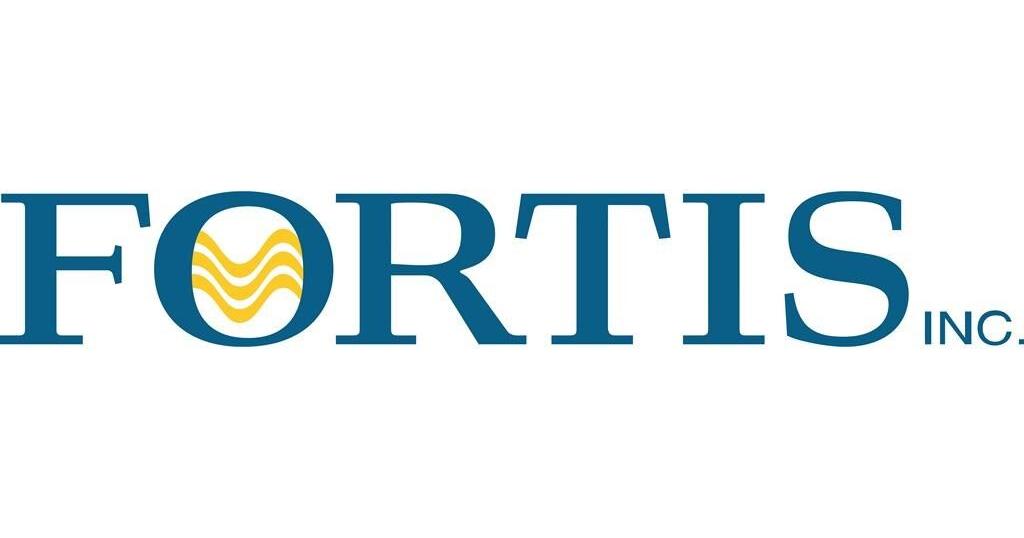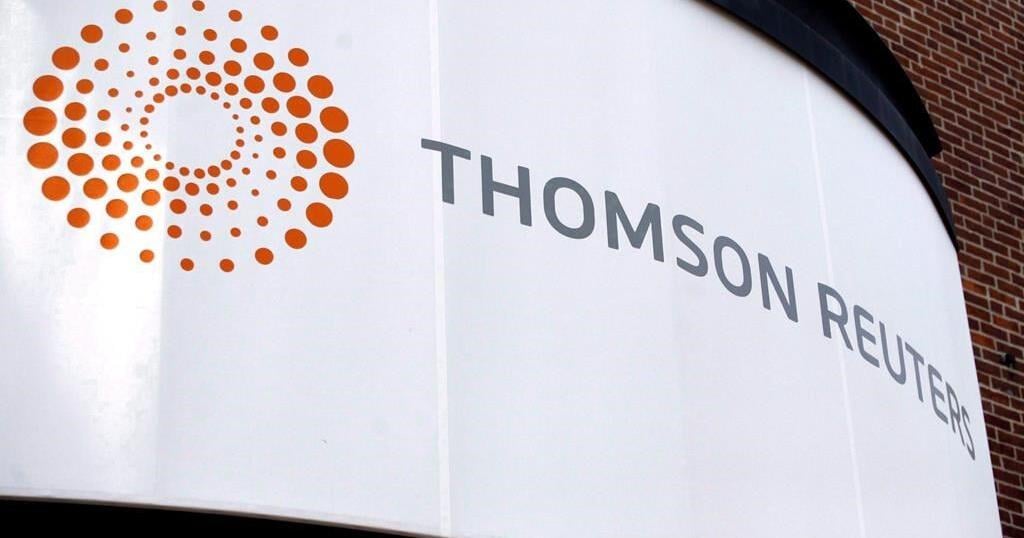OTTAWA — Canada Post says it will transform its fleet of vehicles to be fully electric by 2040, spelling out details Thursday on steps it will take to achieve its target.
The Crown corporation said the electrification of its 14,000 vehicles will serve its commitment to reduce its environmental footprint and reach net-zero emissions by 2050, earmarking $1 billion to do so.
“I’m not going to sugarcoat this one and the size of this challenge for us. We’re a very big national organization with operations from coast to coast to coast. We’re literally everywhere, and then some. And that comes with a large carbon footprint,” said Doug Ettinger, president and CEO of Canada Post.
However, he noted that the corporation’s features also mean “there’s potential to do a lot of good there.”
Other steps to cut emissions include refitting buildings to make them more energy-efficient, upgrading equipment, and building new net-zero buildings.
Ettinger said its road map to get there is based on expertise and the availability of electric vehicles, which are currently not easy to acquire because of the pandemic and the computer chip shortage.
“Everybody is sort of interested in the space right now. Demand is extremely high and supply is extremely low,” he said.
Canada Post recently put in a large order for electric vehicles and will be putting out a tender for proposals, he said, adding it will see some “heavier deliveries” of vehicles early in 2023, but later that year and into 2024 is when bigger numbers of vehicles are set to arrive.
Ettinger said the corporation will also focus on building charging infrastructure for the electric fleet.
“We need to charge vehicles overnight, so they’re ready in the morning,” he said, noting depending on the size of the vehicle it takes from four to eight hours to get it fully charged.
“We can’t use public charging infrastructure. Even if it’s there, it’s not a way to run the business efficiently.”
Canada Post’s plan includes details on how they will build the infrastructure at about 350 of their depots for letter carriers, said Ettinger.
The corporation will first add charging stations to the depots currently on electricity grids, he said.
That may mean depots in British Columbia and Quebec will be some of the first to see these stations, and likely counts Alberta and Saskatchewan out for now.
The bulk of energy in B.C. and Quebec comes from electricity sources, while the vast majority of Alberta and Saskatchewan’s energy mix is made up of fossil fuel sources, according to the Canada Energy Regulator.
This report by The Canadian Press was first published June 9, 2022.
—
This story was produced with the financial assistance of the Meta and Canadian Press News Fellowship.
Erika Ibrahim, The Canadian Press
Related
































